 Daniel Garrido/Getty Images
Daniel Garrido/Getty Images Science has never been my strong suit. To fulfill my requirement for the subject in college, I took Geology 101, “Rocks for Jocks,” though I lack any semblance of athletic ability. Nonetheless, I am fairly certain that the sun is not human, a stone is not an evil spirit, and the metallic elements do not form children.
The ancient rabbis, however, disagreed.
In the collection of traditions known as Bereshit Rabbah, the Jewish sages offered a radical reading of the patriarch Jacob’s starry night. In it they sensed the scientific formula for nothing less than Jewish survival.
Fleeing the wrath of his brother Esau, whose blessing of the firstborn he had absconded with, Genesis’s twenty-eighth chapter tells us that Jacob “came upon a certain place and stopped there for the night, for the sun had set. Taking one of the stones of that place, he put it under his head and lay down in that place.” As Jacob dreams, he sees a stairway to heaven, with angels ascending and descending its steps.
“The Lord is in this place and I did not know,” Jacob exclaims upon waking. Emboldened by the promise of God’s protection, he proceeds to a nearby town. There, he encounters some shepherds waiting for the flocks to gather around the local well. Per their practice, “they would roll the stone from the well’s mouth, and water the sheep, and return the stone onto the well’s mouth in its place.” Seeing a dashing young maiden named Rachel approaching with her sheep, Jacob, with only his own might, heaves the heavy rock blocking the well, feeds Rachel’s flock, and a few wives and twelve tribes later, the rest is history.
For the rabbis writing in Bereshit Rabbah, the sun didn’t set on Jacob that fateful evening. The sun was Jacob.
Rabbi Pinḥas said in the name of Rabbi Ḥanin of Tzippori: He [Jacob] heard the voices of the ministering angels saying: ‘The sun has arrived, the sun has arrived.’ When Joseph said: “Behold, the sun and the moon” (Genesis 37:9), Jacob said: ‘Who revealed to him that my name is “sun”?’
Citing as a prooftext Jacob’s son’s dream, a few chapters ahead in the story, in which the young Joseph dreams that the sun, moon and stars bow down to him – with the sun symbolizing Jacob, the moon Rachel, and the stars Joseph’s brothers – the rabbis presume Jacob has always had a solar secret identity. Though he would eventually be known predominantly as “Israel,” a name reflective of having wrestling with challenges, per Genesis 32:29’s “for you have striven, [sarita in Hebrew], with beings divine and human, and have prevailed,” Jacob would always possess a brightness shining through the rocky surface of life’s hardships.
As the next component in the rabbinic calculation, Jacob’s sleep that night equaled study.
“Jacob awoke from his sleep [mishenato]” – Rabbi Yoḥanan said: From his studies [mimishnato].
What enabled divine protection amidst his travels, came the theory, was Jacob’s commitment to abiding by the rules of the covenant. Though the Torah wouldn’t be given to his descendants for centuries, the rabbis envisioned Jacob intuiting its principles, diligently studying the strictures that would come to define the daily life of a halakha-abiding Jew.
How would these practices be preserved despite the travails to come?
Well, the rabbis had an answer for that, too.
Rabbi Shmuel bar Naḥman began: “A song of ascents. I lift my eyes to the mountains [heharim]” – I lift my eyes to the parents [hahorim], to my teachers, and to those who raised me. “From where will my help come?” (Psalms 121:1)
Meditating on a mountain on the meaning of his destiny, Jacob understood that to truly flourish as a founding father, his offspring would need to get by with more than just a little help from their friends. It would be parents and teachers committed to the covenant that would ensure its eternal fulfillment. As the late Rabbi Jonathan Sacks noted,
“Judaism became the religion whose heroes were teachers and whose passion was study and the life of the mind. The Mesopotamians built ziggurats. The Egyptians built pyramids. The Greeks built the Parthenon. The Romans built the Coliseum. Jews built schools.”
Bereshit Rabbah’s equation then continues. The shepherds’ watering spot to which Jacob arrived? “That is no well,” the rabbis proclaimed. “It is a synagogue.” What seemed like an agricultural exchange among herders was actually a paean to the power of prayer.
“He saw, and behold, a well in the field” – this is the synagogue;
“behold, three flocks of sheep” – these are the three called to the Torah [on Mondays and Thursdays for the public Torah reading];
“since from that well…” – as from there, they would hear the Torah;
“and the great stone” – this is the evil inclination.
“All the flocks would gather there” – this is the congregation;
“they would roll the stone”– as from there, they would hear the Torah…
It would be houses of worship, Jacob understood, that would supply the spiritual fortitude to defeat the evil inclination, the force of wickedness in this world. Through prayer, the people of Israel could possess the strength to heave away the oh-so-heavy elements that would seek our defeat.
The conclusion arrived at after all these calculations is… a metal crest. “The crown of elders is grandchildren,” the rabbis state, citing Proverbs 17:6. Jacob’s sunny optimism despite hardship, his commitment to studying God’s law, and his belief in the power of prayer, not only ensured the Jewish future, it preserved its past.
Rewinding the tape to the adventures of Jacob’s zeide Abraham, Bereshit Rabbah credits Jacob as a life-saver. Thrown into a fiery furnace of the tyrannical King Nimrod because of Abraham’s faith in the one true God, the first Jew ever was going to be burned. But:
The Holy One blessed be He foresaw that Jacob was destined to emerge from him. He said: ‘Abraham is worthy of being spared due to the merit of Jacob.’
It was, the rabbis’ realized, the children of one’s children that would be the crowning achievement, proof positive that the formula works, from our founder to ensuring our future.
Stay bright even when things are bleak, Jacob taught us.
Seek solace in the law.
Pray for evil’s defeat.
Trust the science.
Rabbi Dr. Stuart Halpern is the Senior Advisor to the Provost and Senior Program Officer of the Straus Center for Torah and Western Thought at Yeshiva University, and the editor of “Esther in America” (Maggid Books).
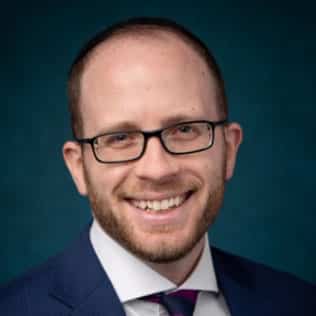






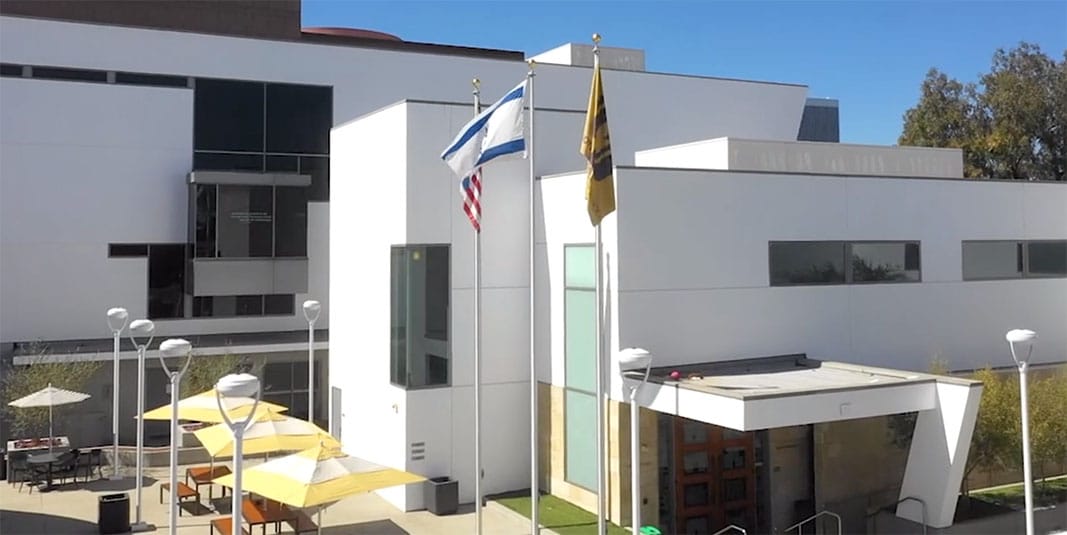
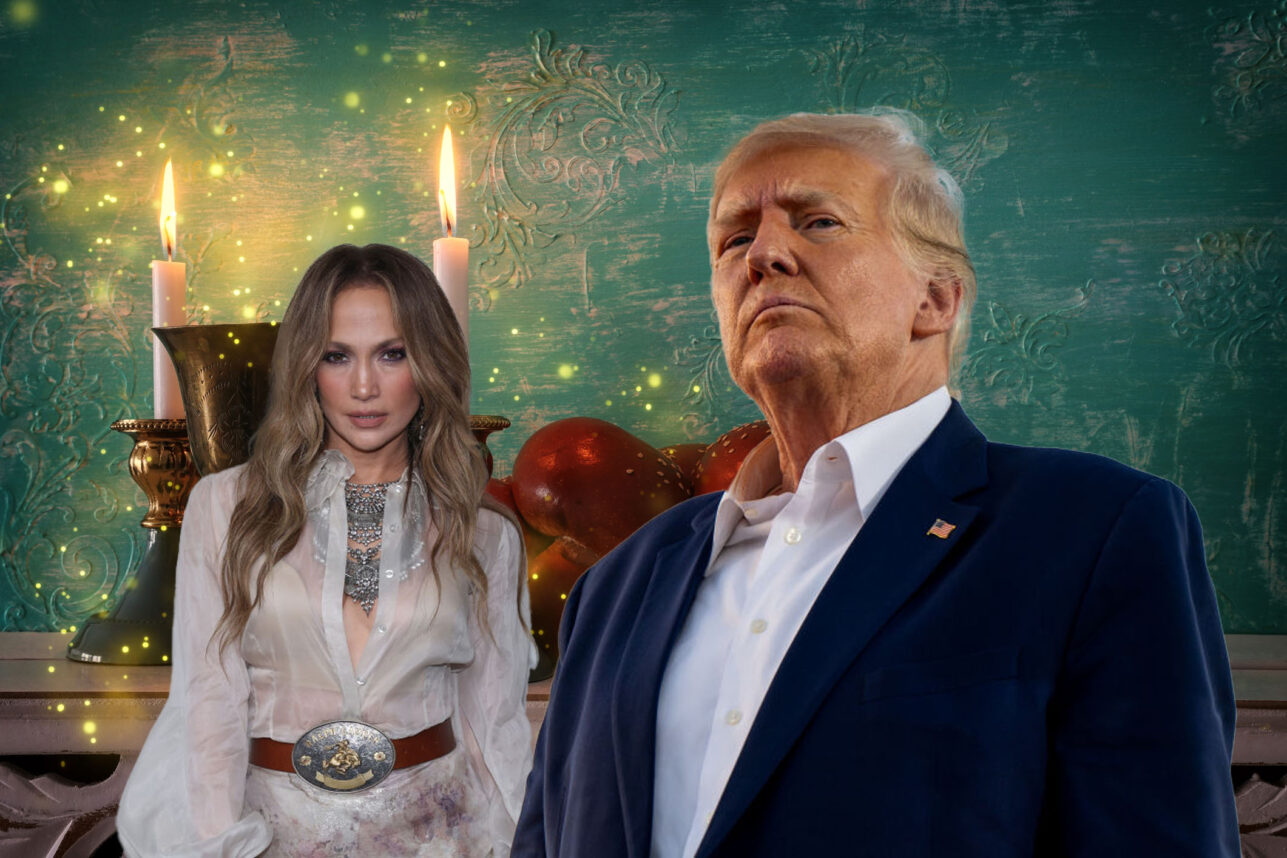


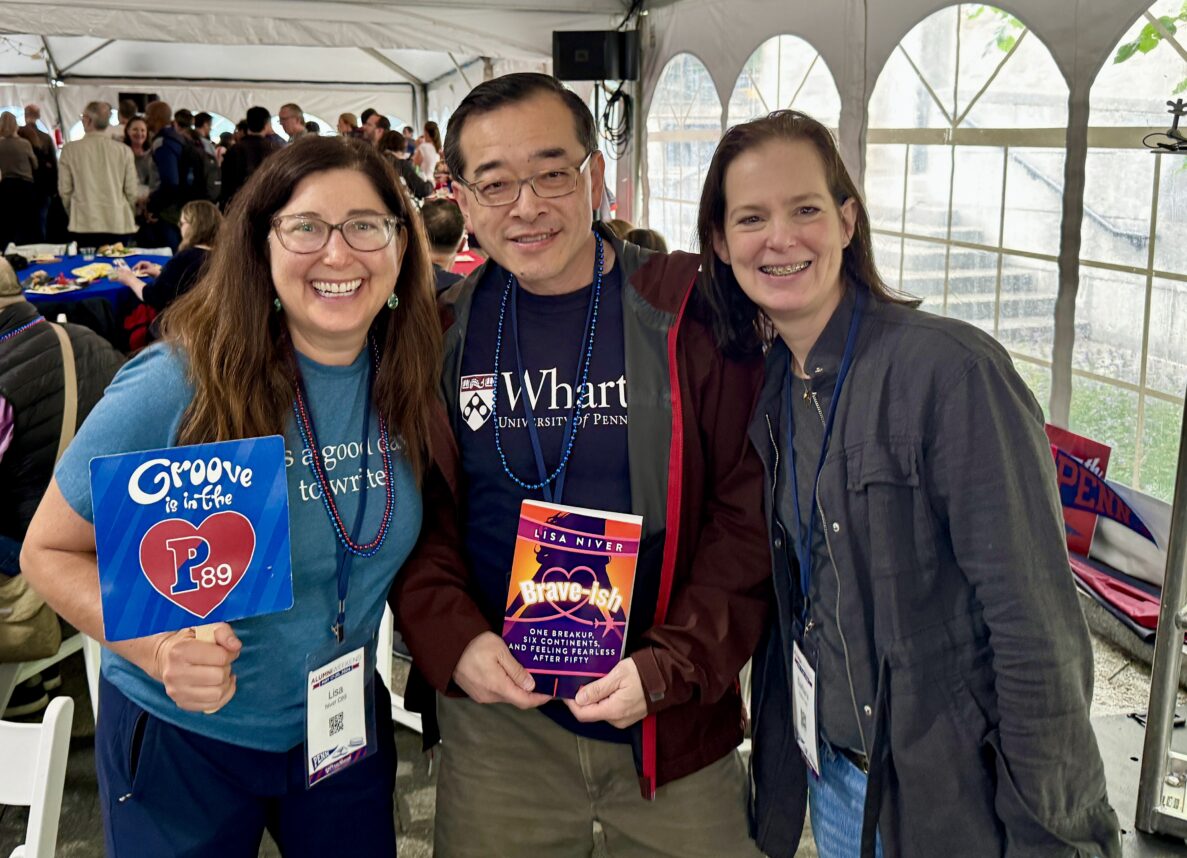
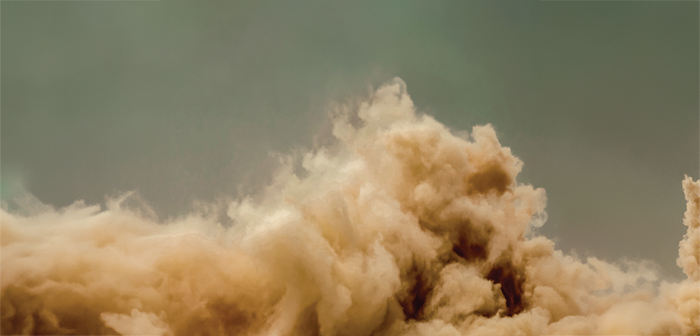

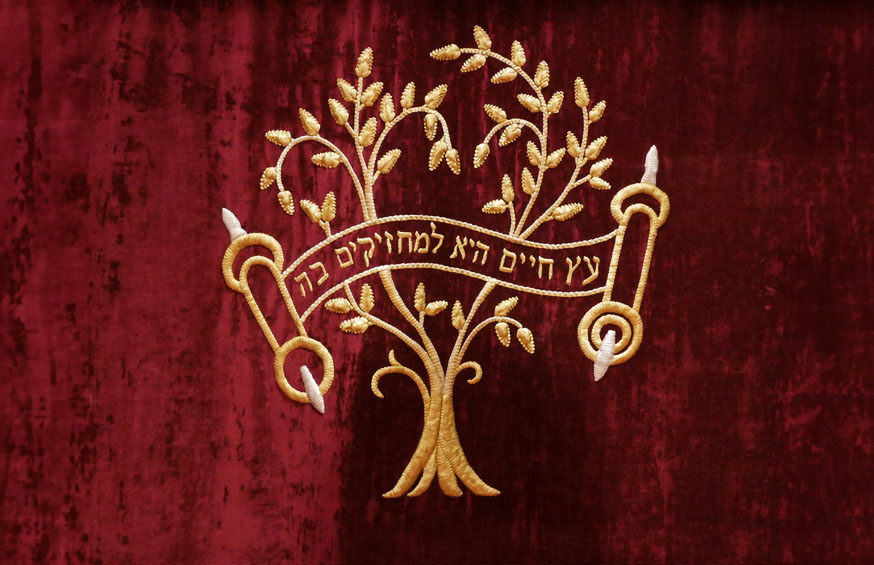
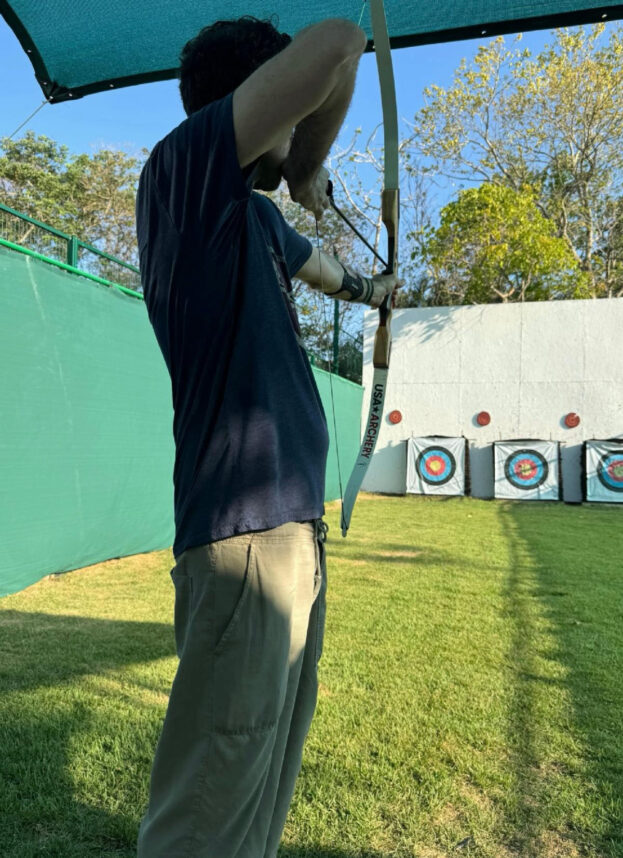







 More news and opinions than at a Shabbat dinner, right in your inbox.
More news and opinions than at a Shabbat dinner, right in your inbox.